When we think of barbells, most picture hefty, full-length bars stacked with plates. But there's a quieter contender making waves in strength training circles—miniature barbells. Compact, versatile, and beginner-friendly, these small but mighty tools offer surprising benefits whether you're new to lifting or a seasoned athlete looking to fine-tune your form.
What Is a Mini Barbell?
A mini barbell, sometimes called a barbell mini or mini weight bar, is a shorter, lighter version of the traditional Olympic barbell. They come in a variety of designs and lengths, often between 3 to 5 feet, and are perfect for tight spaces, lighter lifts, and specialty movements. Whether you call it the mini barbell, miniature barbell set, or mini barbell set, the idea is the same: scaled-down size, full-scale functionality.
Who Should Use a Miniature Barbell?
1. Beginners and Teens
A full-size barbell can be intimidating—and heavy. Mini barbells provide a manageable entry point for teens, beginners, and those just getting comfortable with free weights.
2. Home Gym Owners
Space is often limited in a home setup. With a small barbell weight system, you can perform a wide range of lifts—presses, curls, squats—without dedicating an entire room to equipment.
3. Rehab or Accessory Work
I’ve personally used a mini barbell while rehabbing a shoulder injury. The lighter weight and improved control allowed me to work through stabilizing exercises without risking reinjury. For isolation and accessory movements like bicep curls, triceps extensions, or lateral raises, it’s the perfect tool.
Key Benefits of Using a Mini Barbell
-
Portability: Easy to store, transport, and move during supersets or circuit workouts.
-
Grip Variety: Many mini barbells are built with specialized knurling or ergonomic shapes ideal for accessory work.
-
Precision: Smaller bars help focus on symmetry, alignment, and control—especially useful in physical therapy or corrective training.
-
Beginner-Friendly: Low starting weights reduce risk of strain and make it easier to learn proper form.
Popular Uses in Training
-
Overhead Press Variations: With a mini barbell, you can train shoulder strength and mobility safely.
-
Landmine Setups: A shorter bar means smoother movement and more control, especially when anchored.
-
Deadlift Progressions: Starting with a lighter, smaller bar helps reinforce form without overloading your spine.
-
Mini Barbell PR Tracking: Serious about progress? A mini barbell PR tracker is a simple way to log reps and weight for micro-load improvements.
Choosing the Right Mini Barbell Set
If you're just getting started, look for a miniature barbell set that includes a few plates and collars. Sets typically range in weight capacity from 50 to 100 lbs—ideal for isolation lifts and technique work. If you already have plates, opt for a standalone mini weight bar that fits your existing gear.
Final Thoughts
A mini barbell isn't just a scaled-down version of the real thing—it’s a legitimate training tool with specific strengths. Whether you’re optimizing a compact home gym or refining your lifting mechanics, these small bars can deliver big results. I’ve used mine for everything from prehab drills to burnouts at the end of a tough session. It may be “mini,” but the impact is anything but.


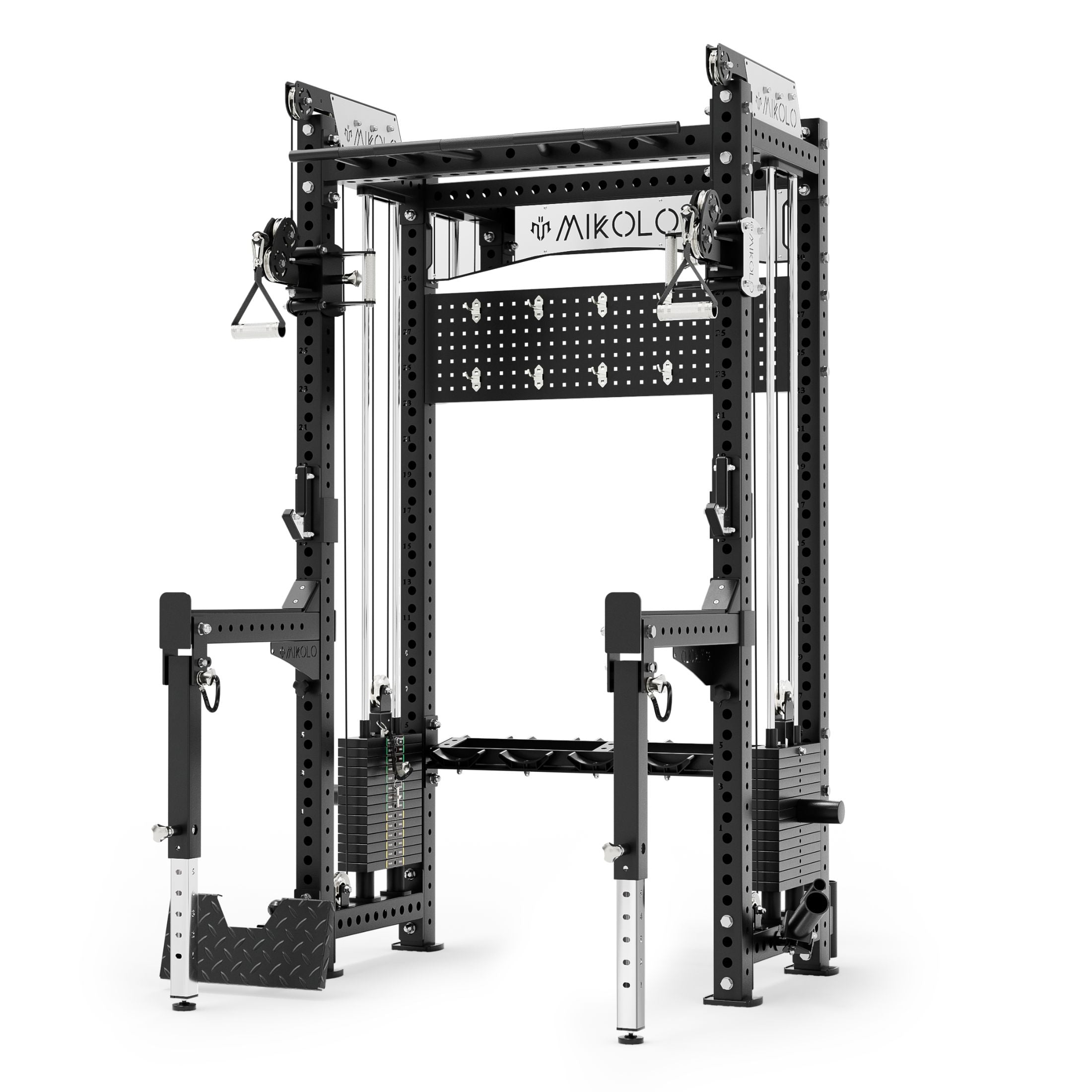
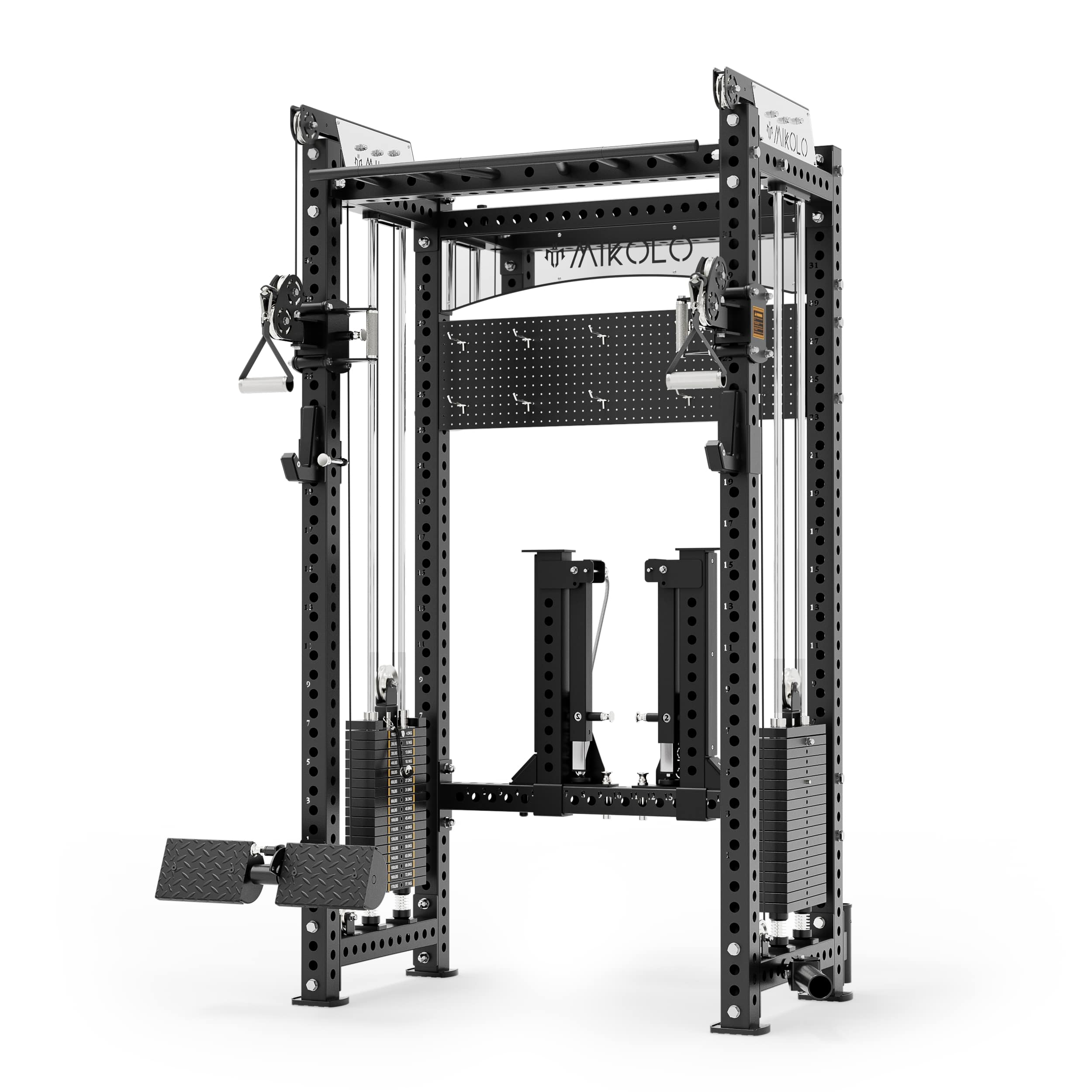
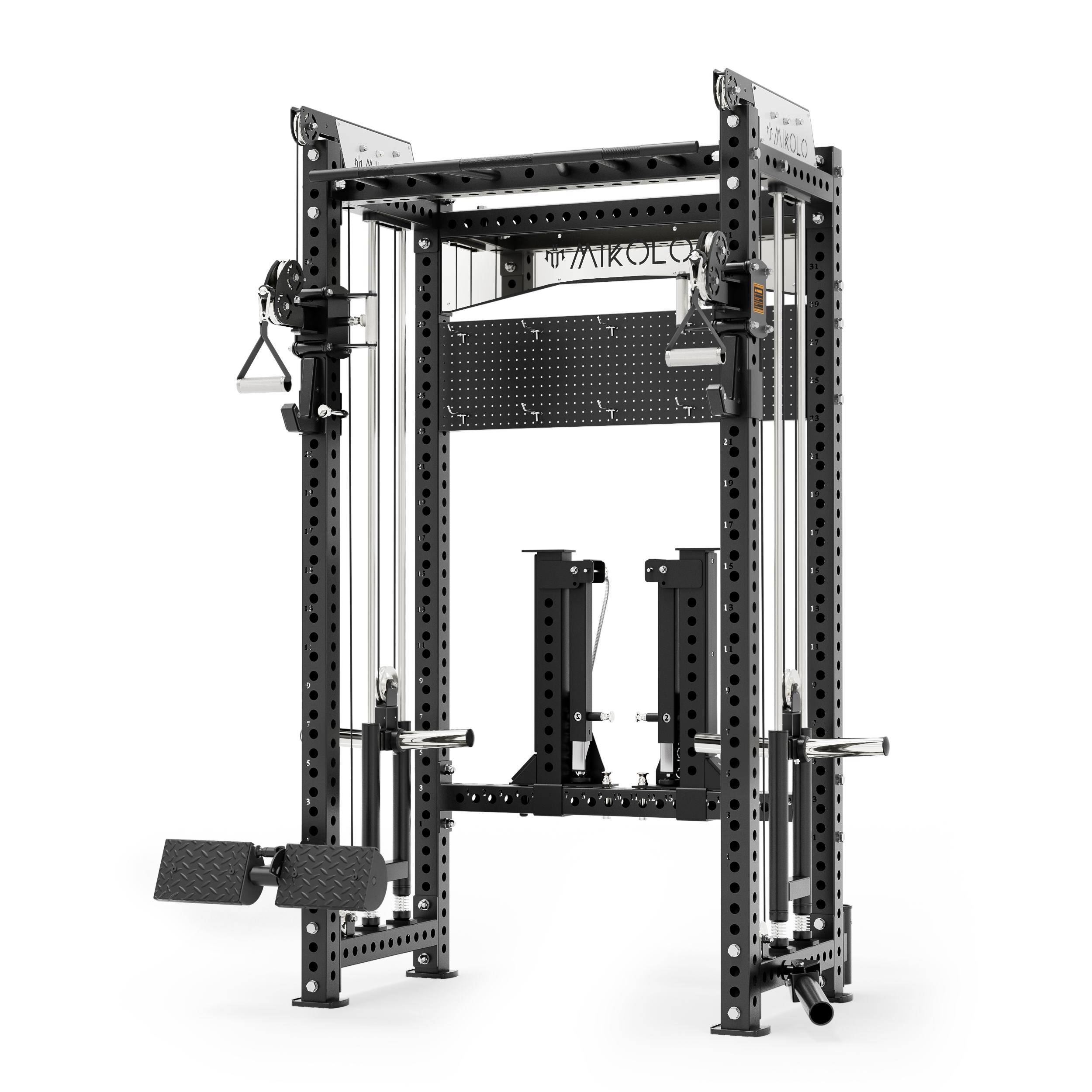


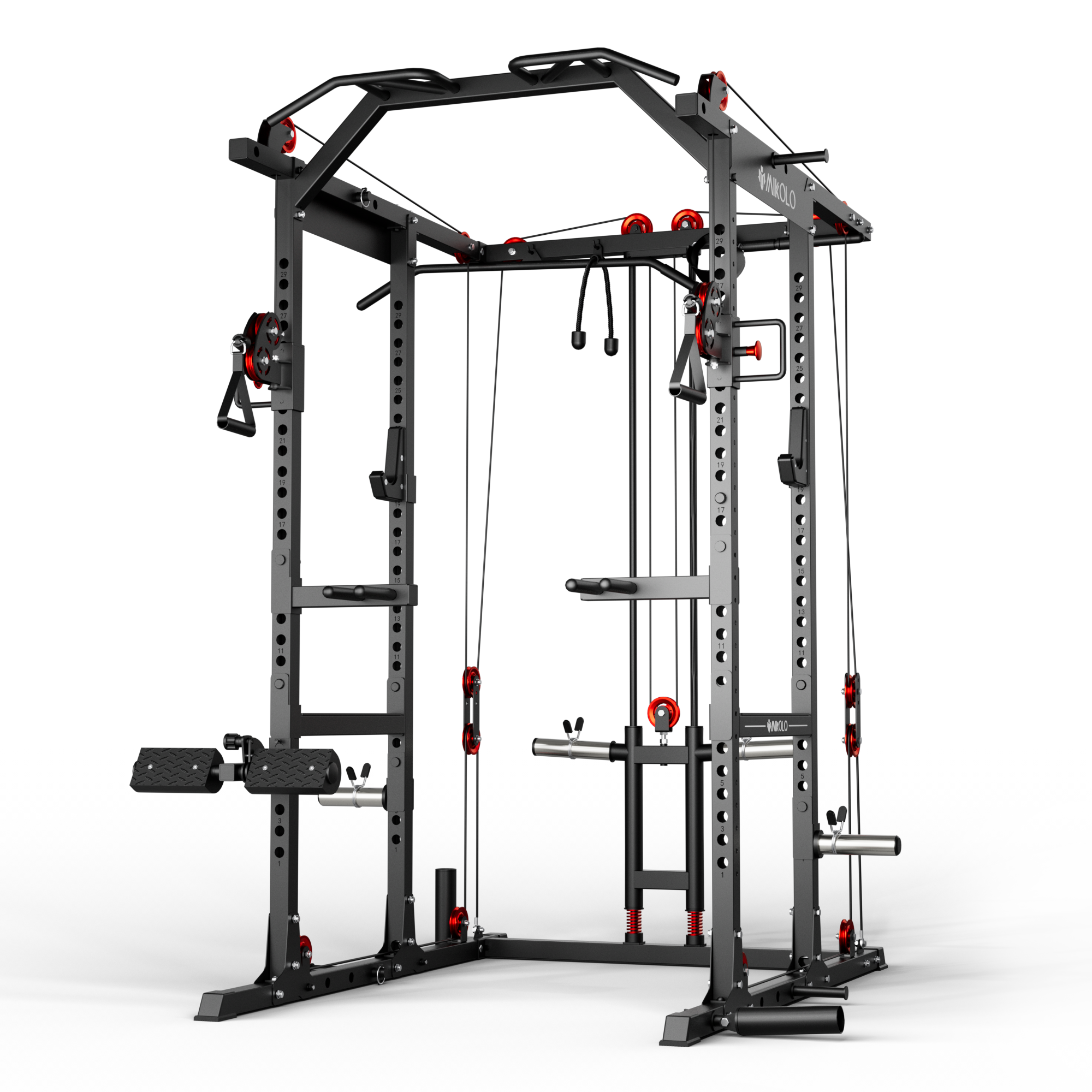


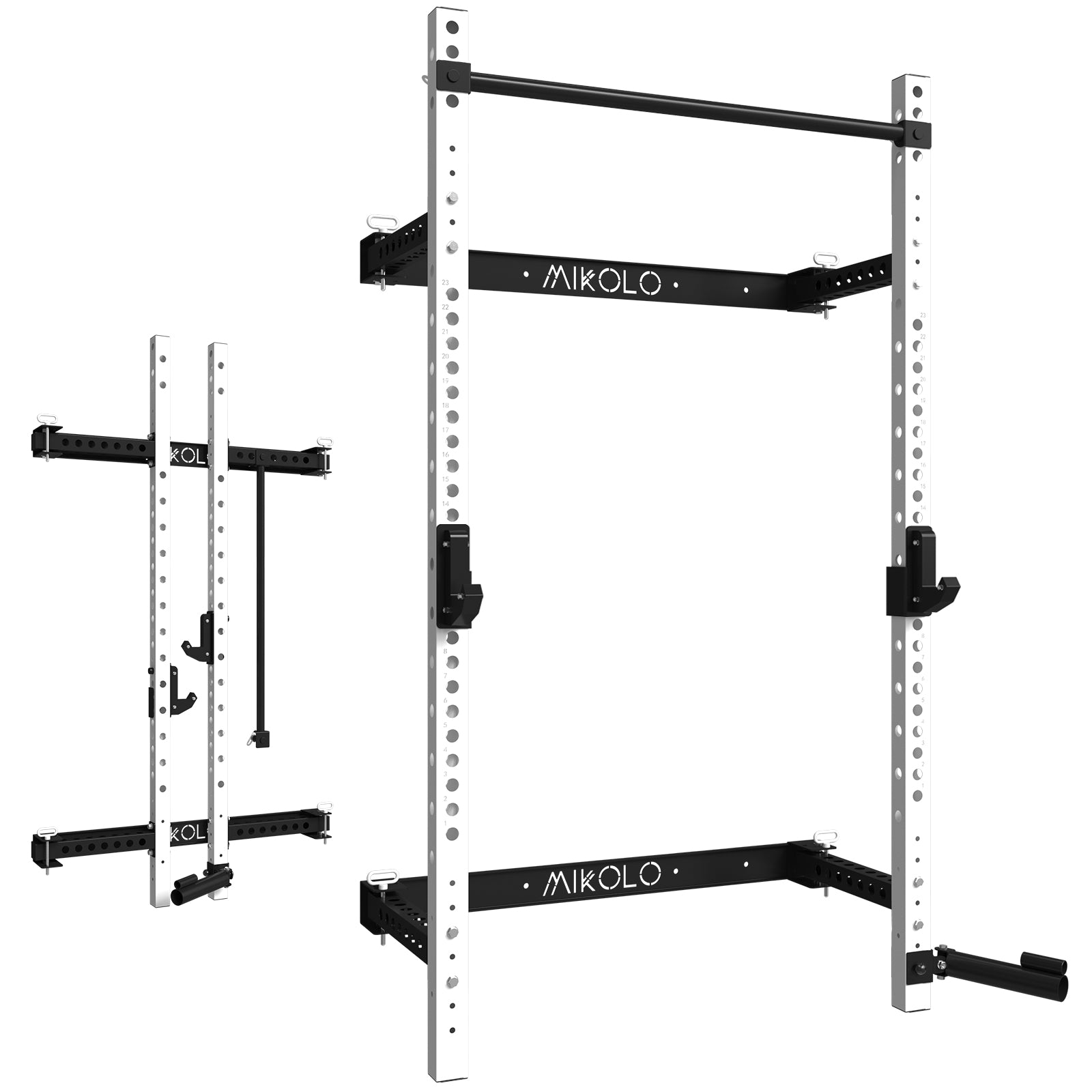


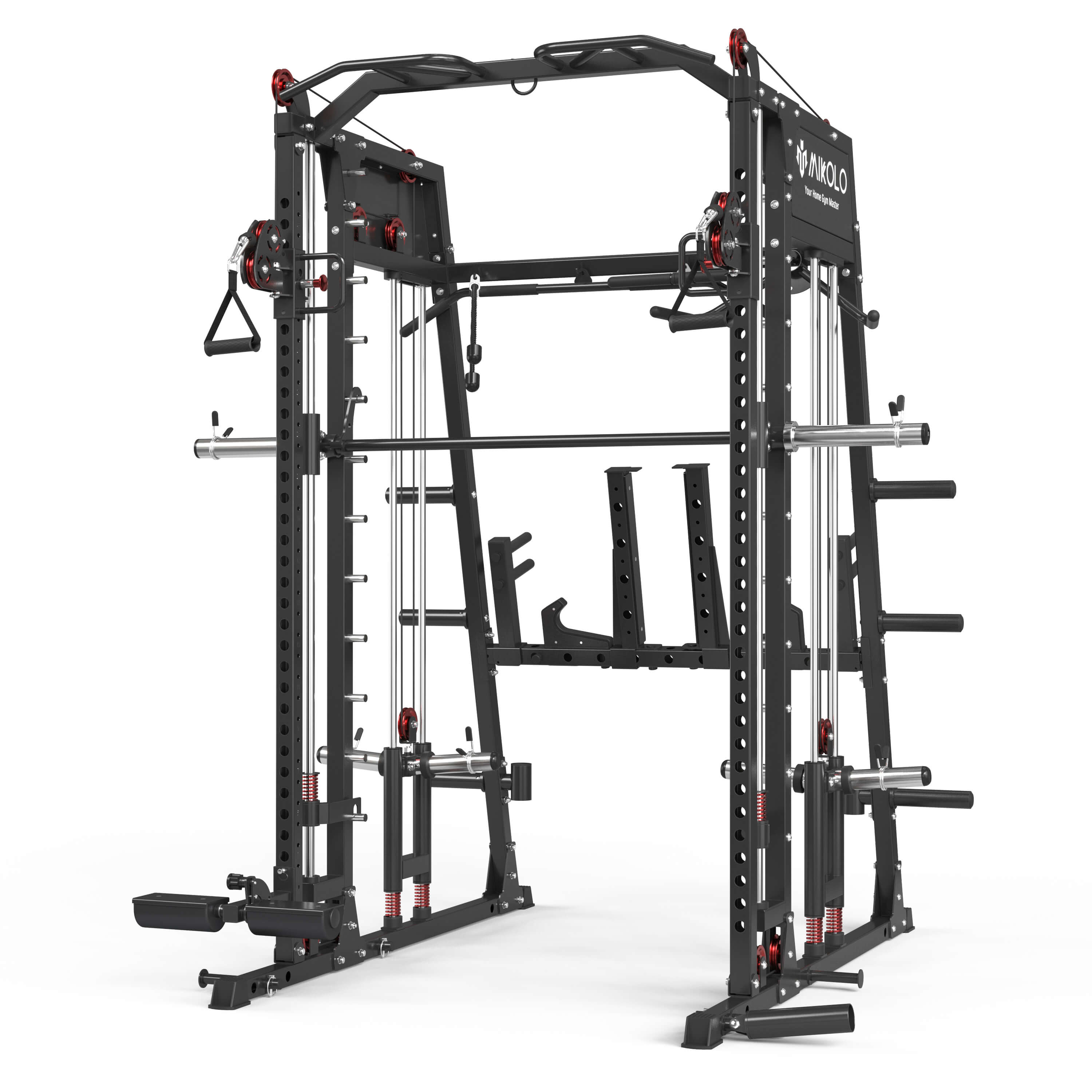
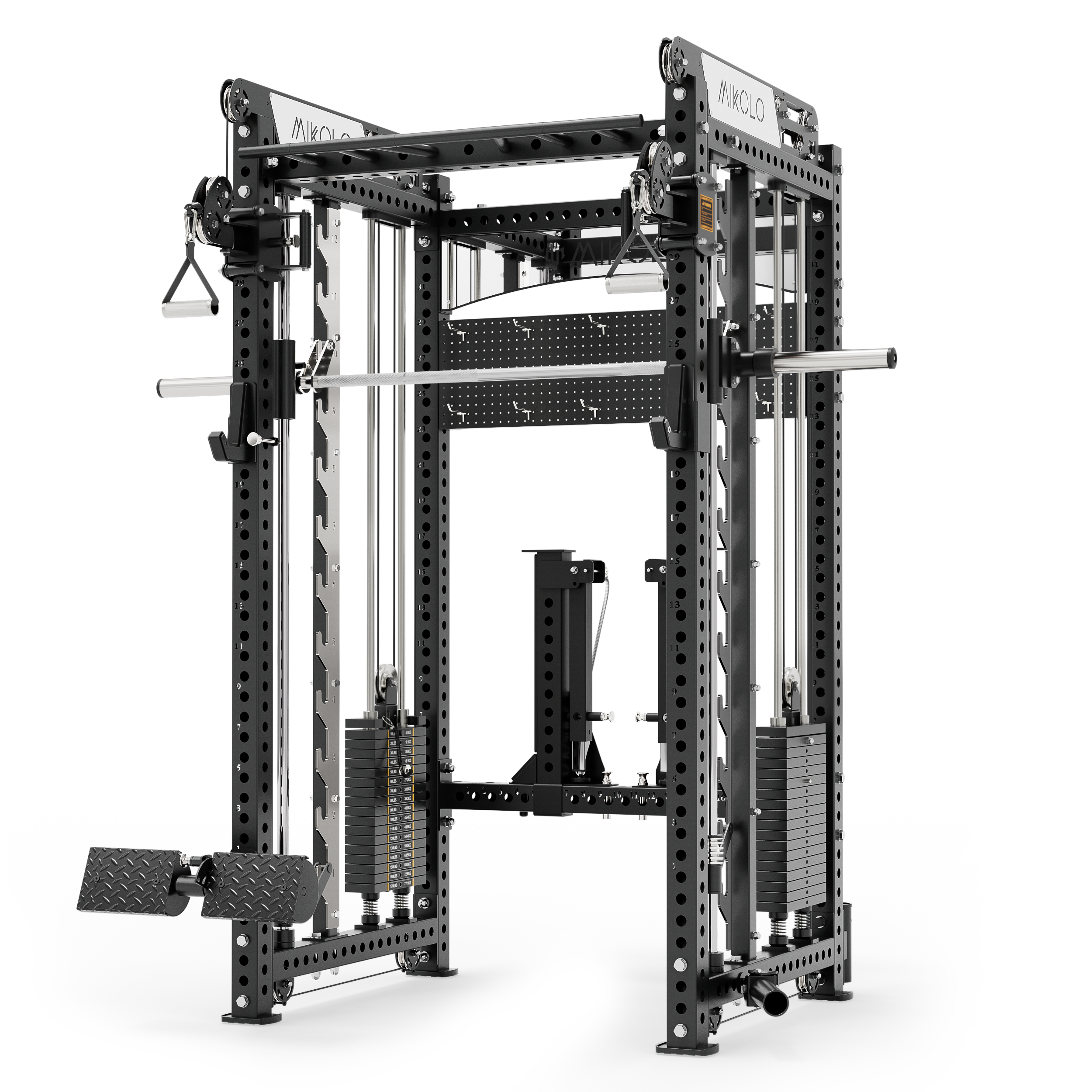
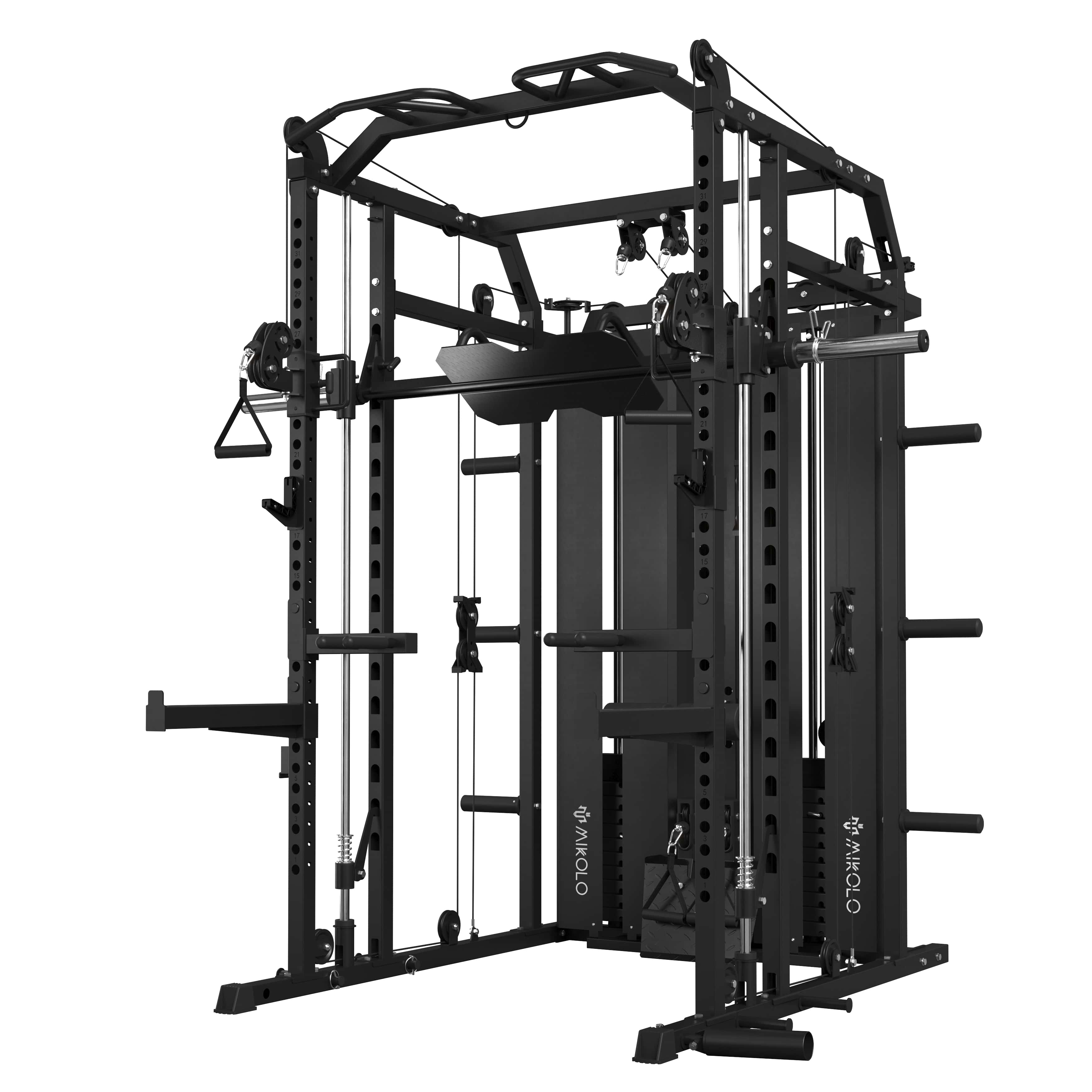
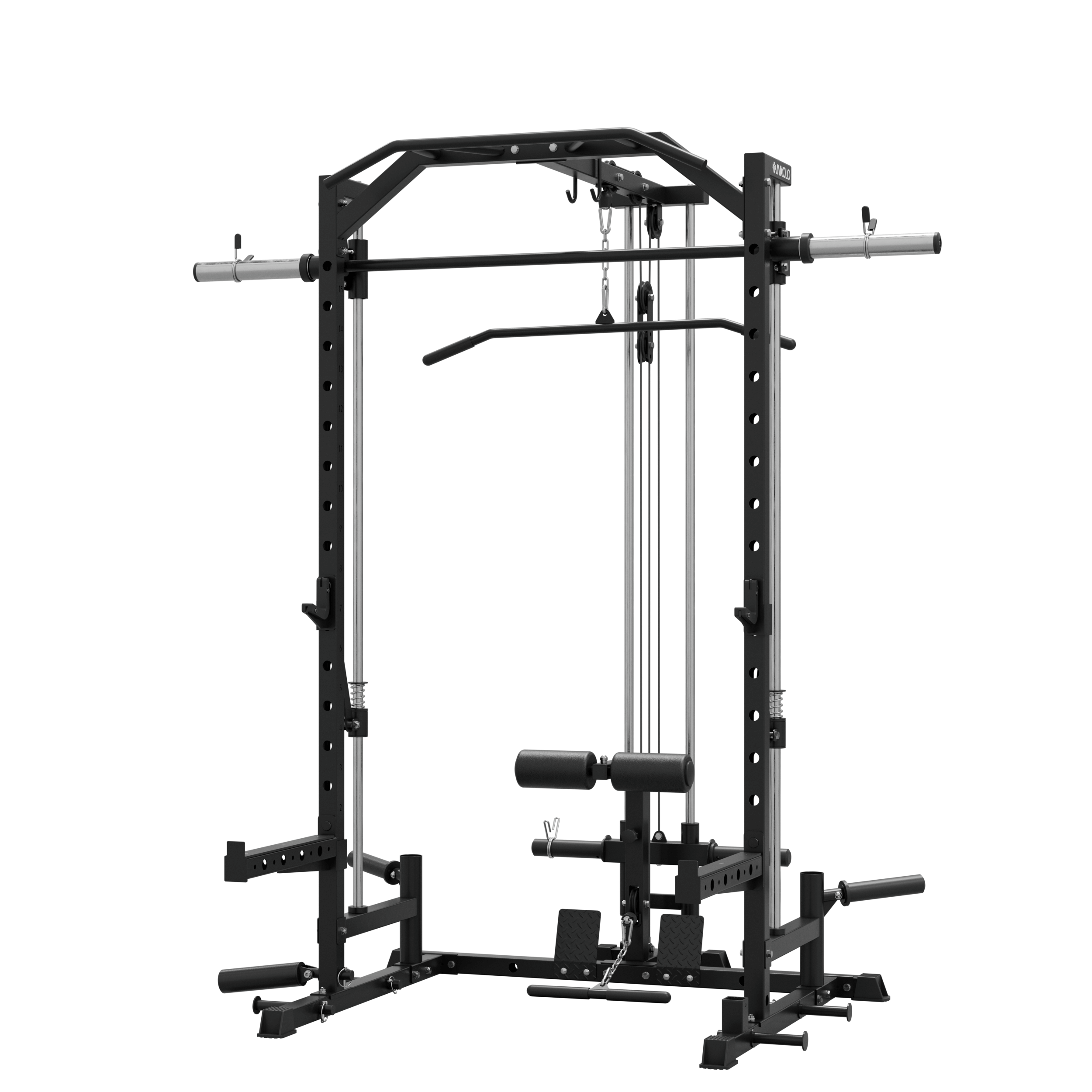
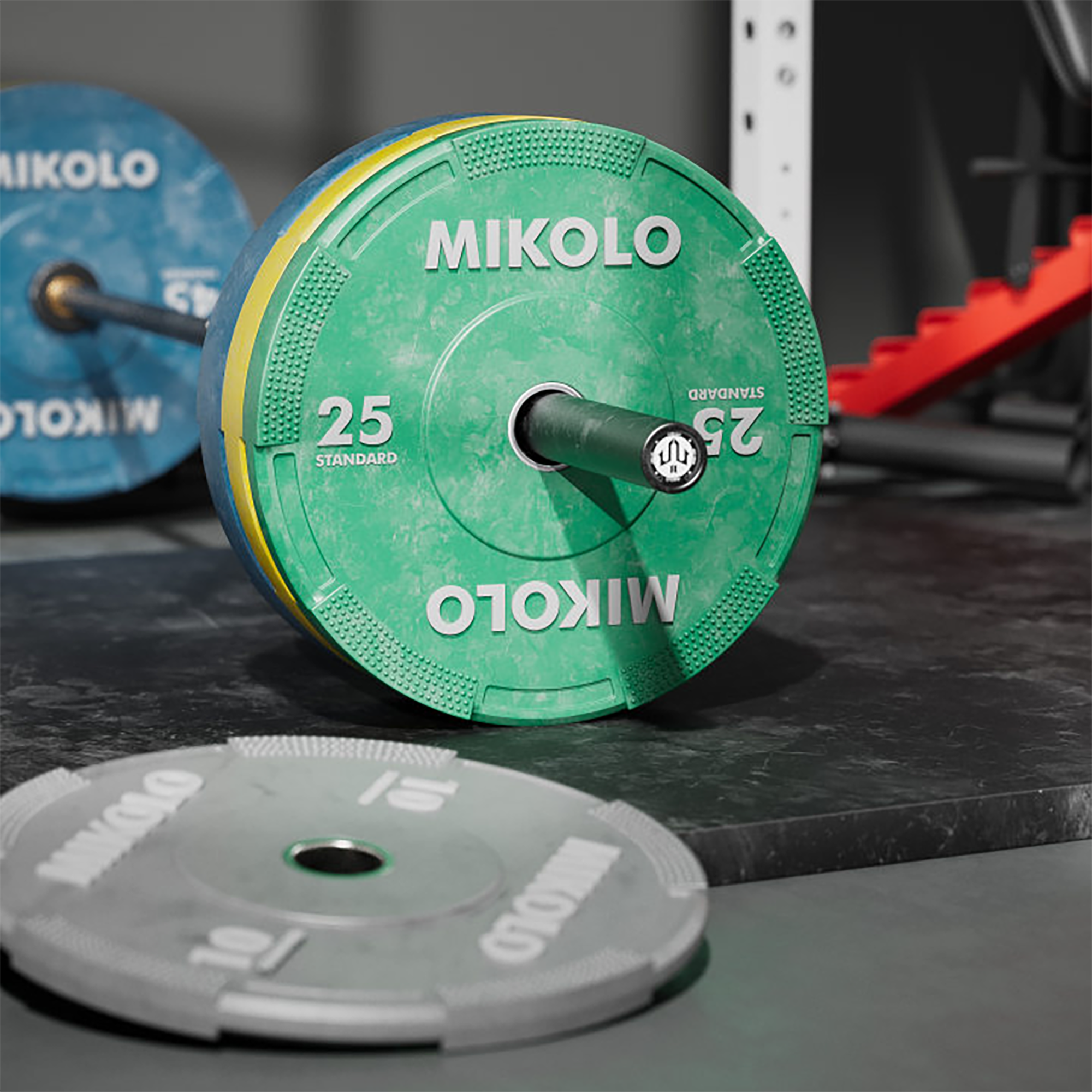


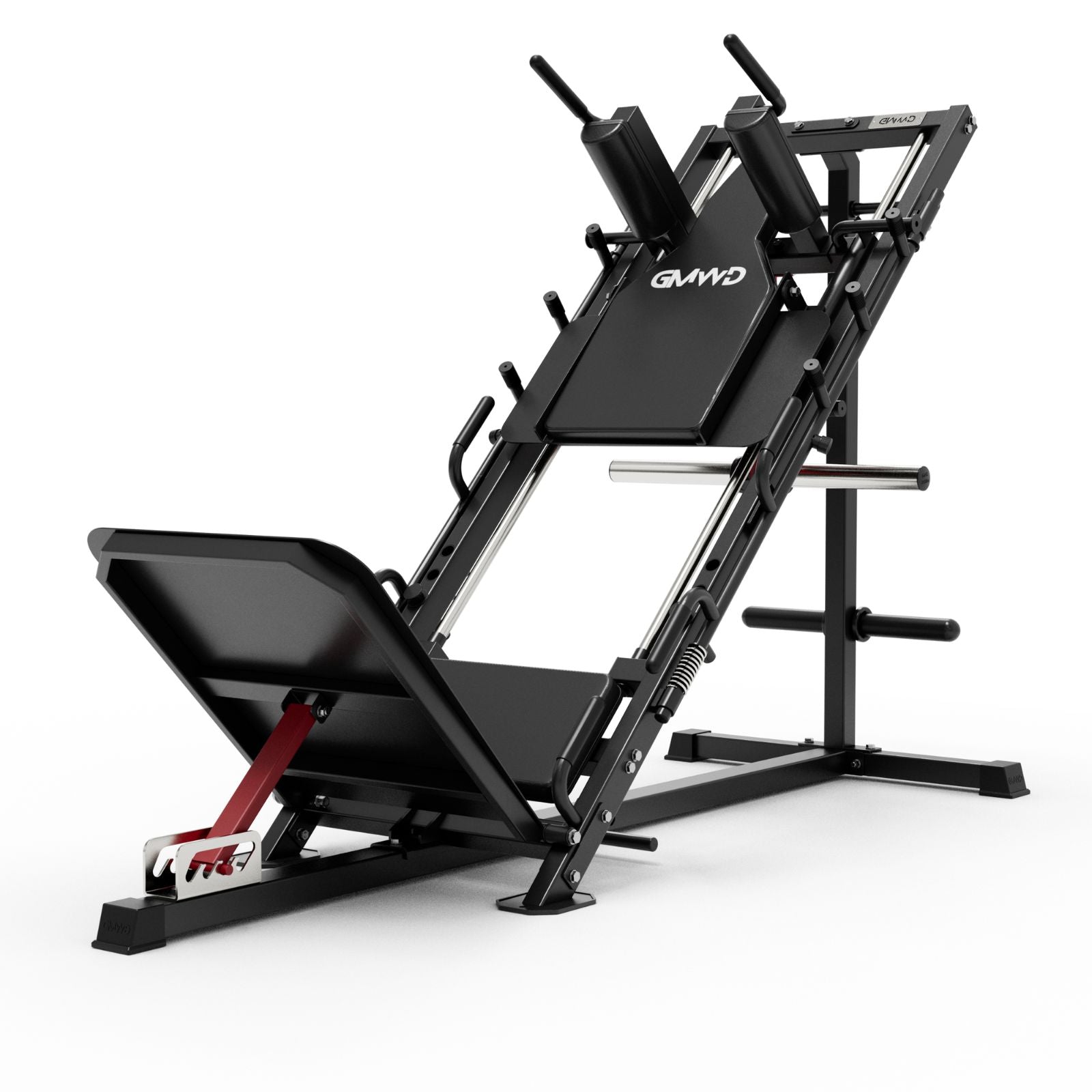


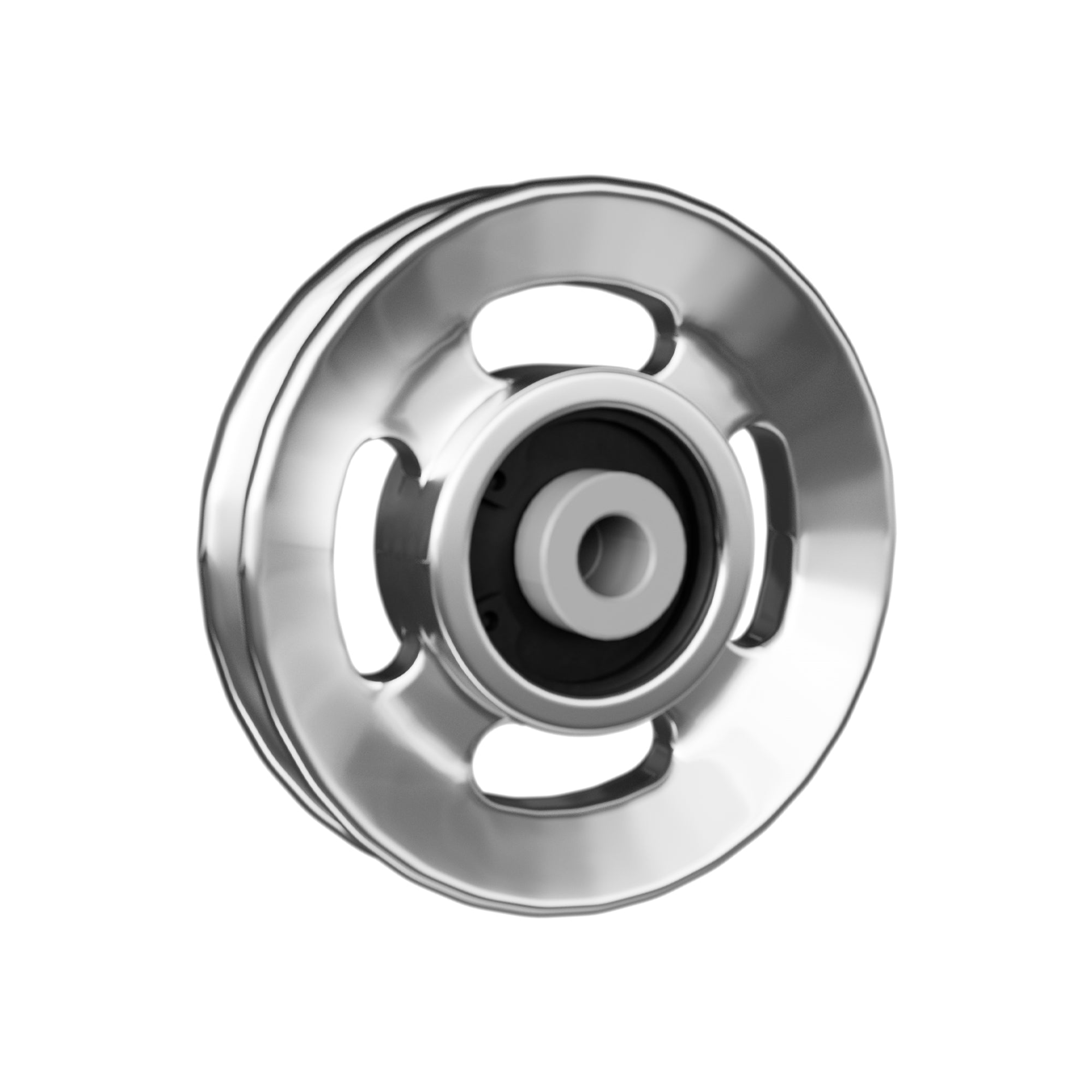
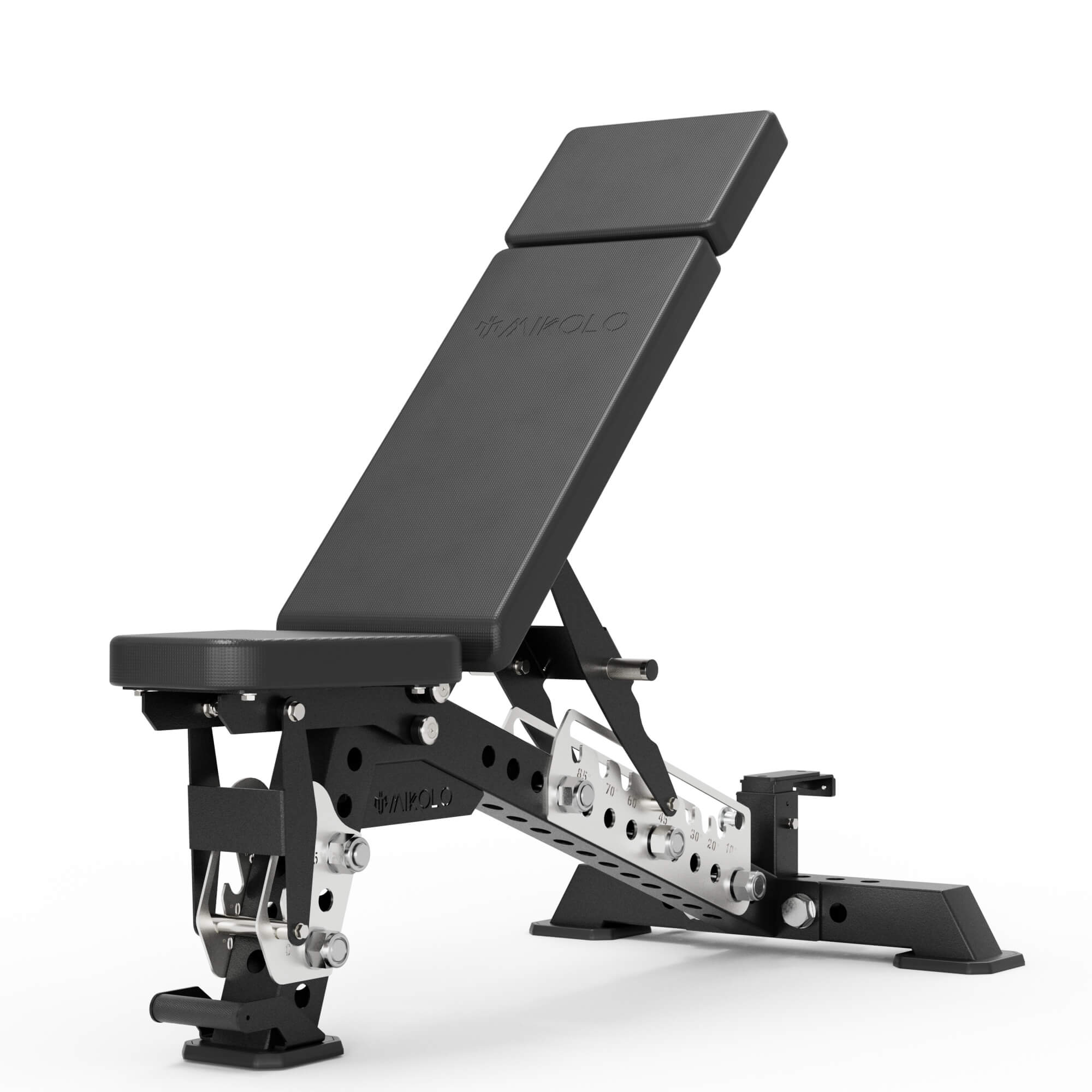
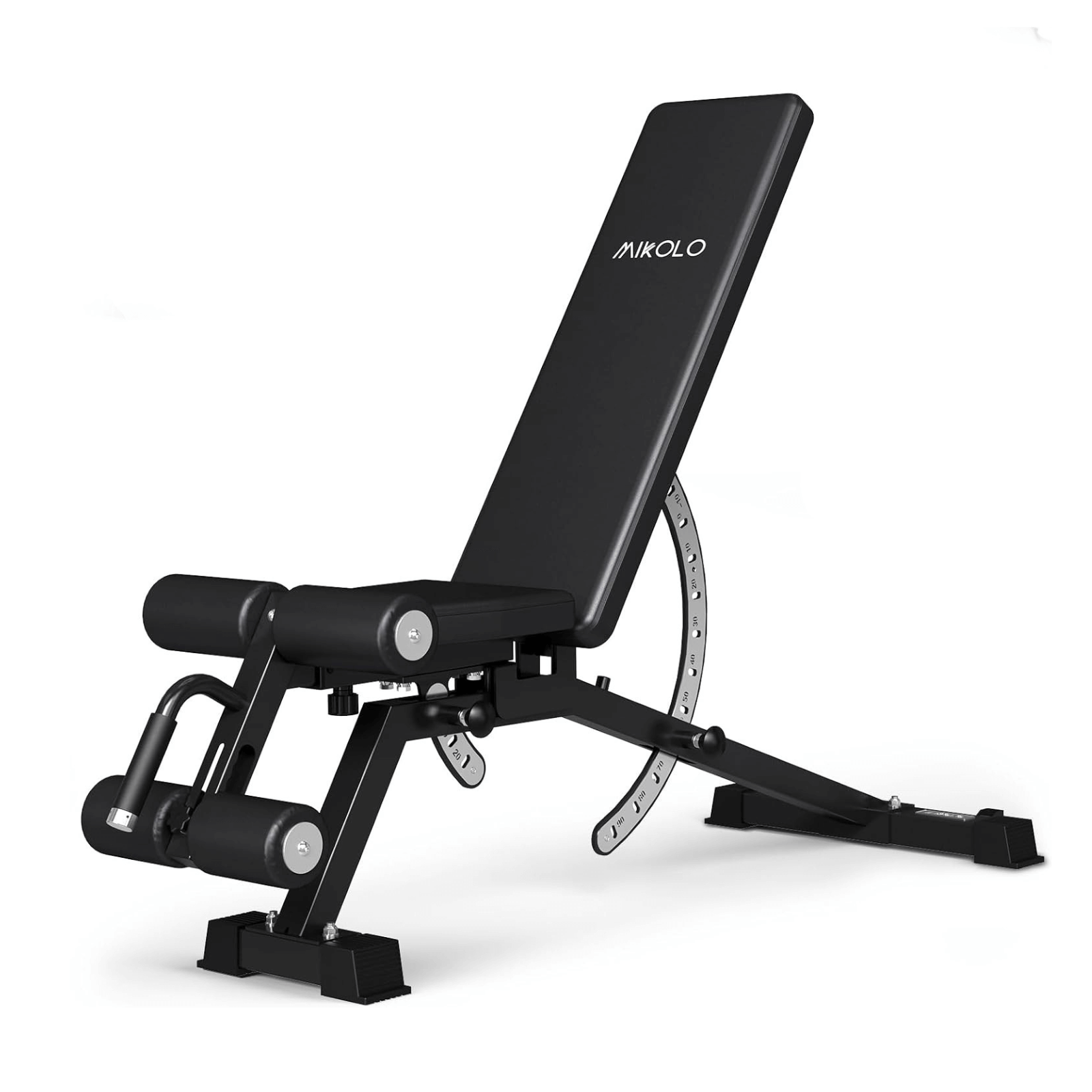



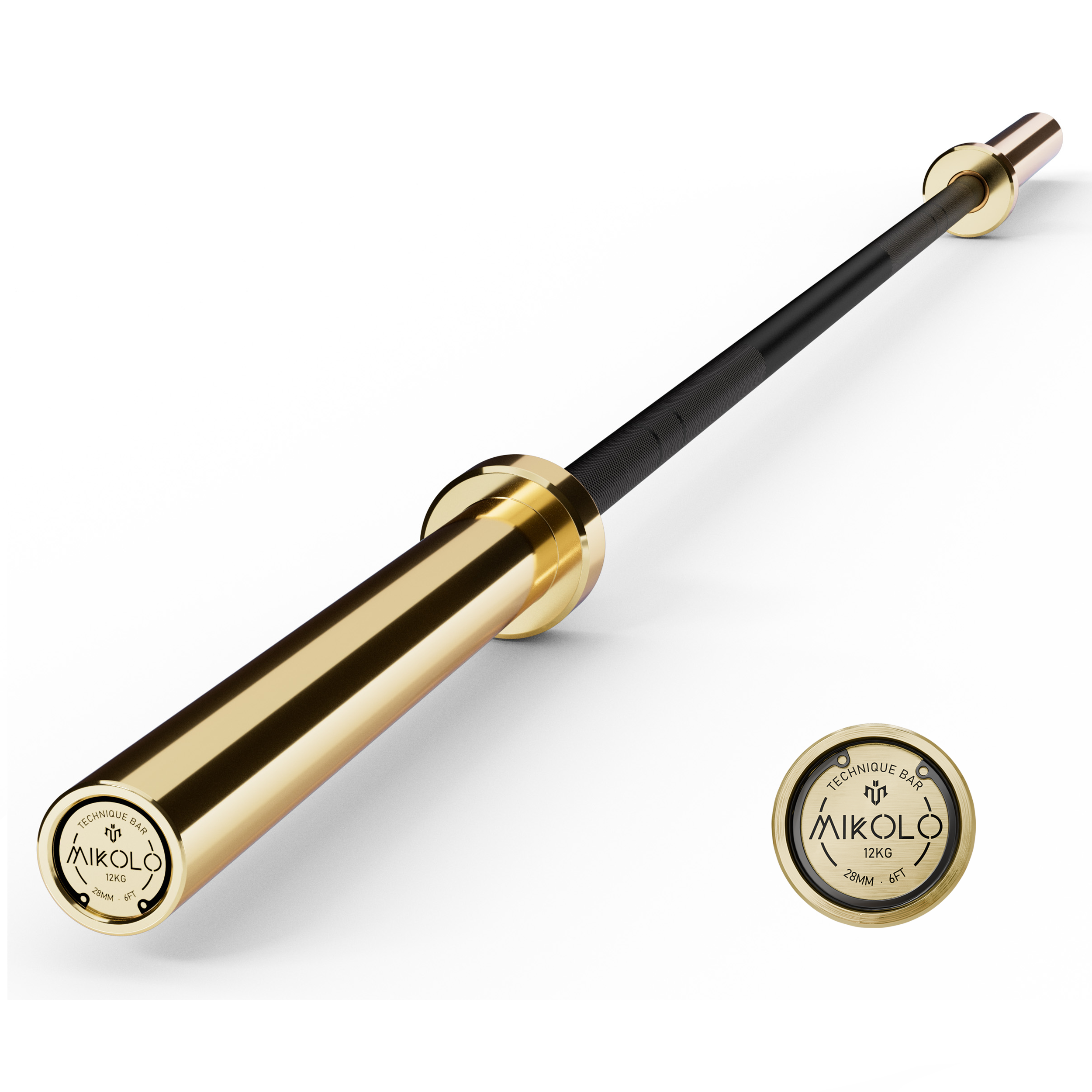
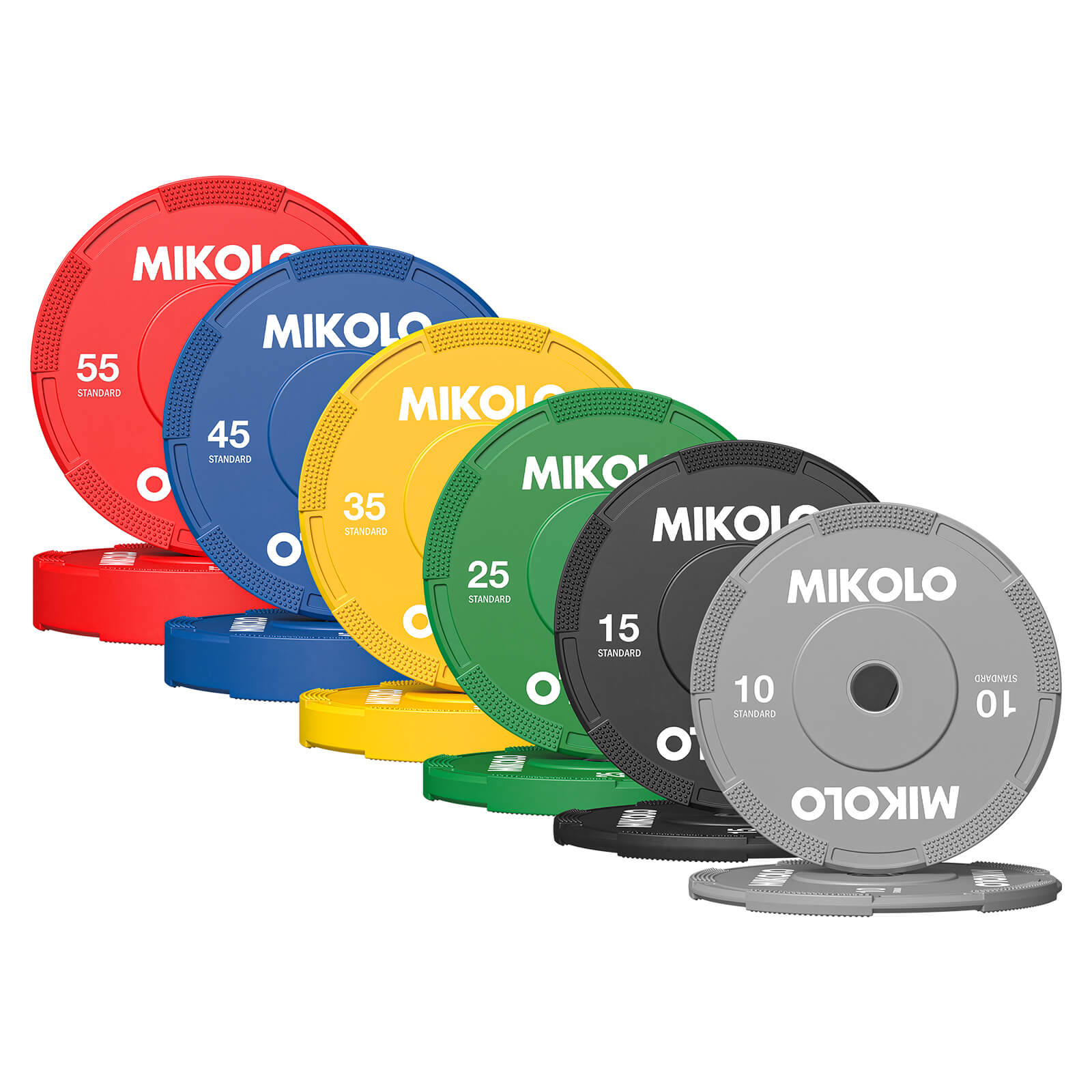

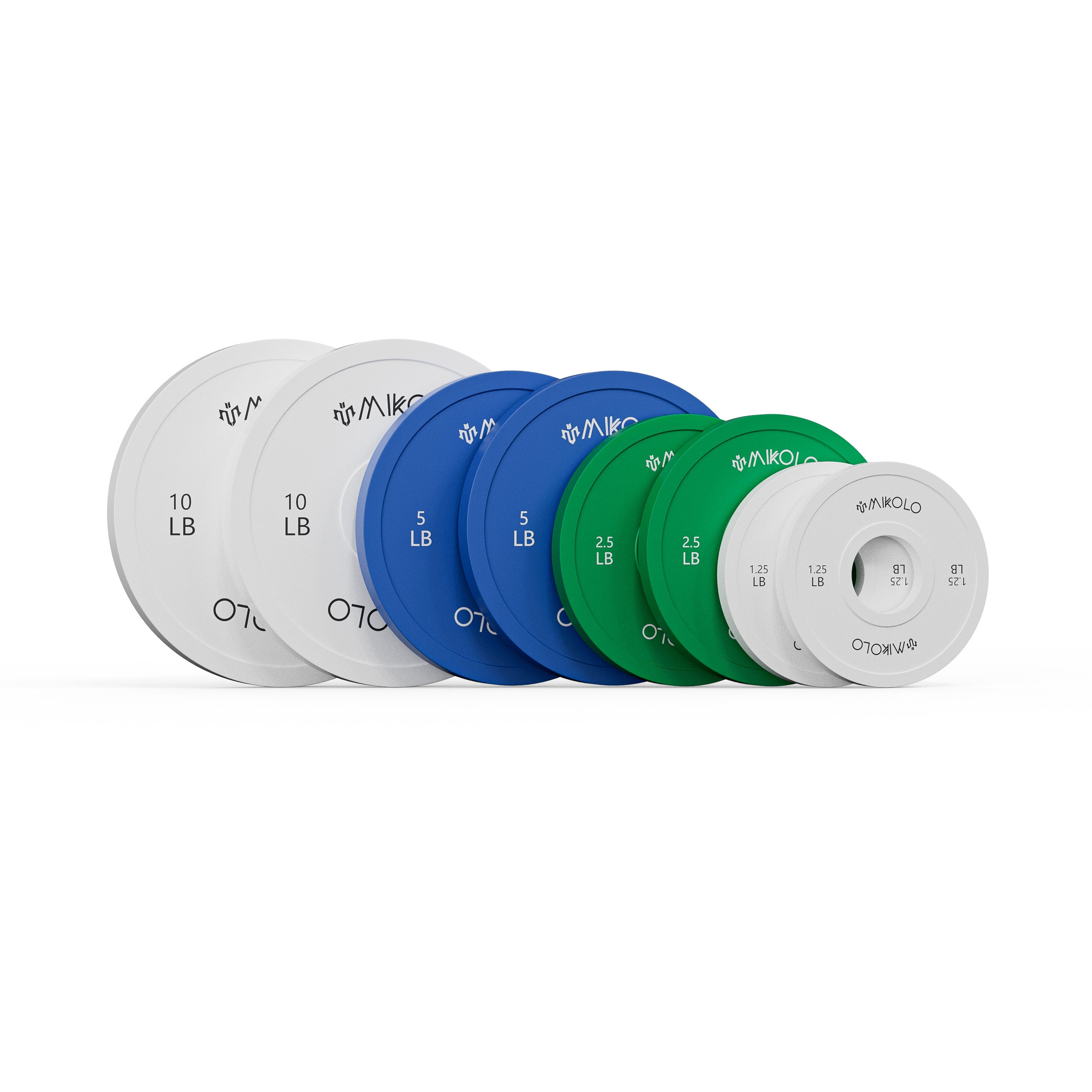

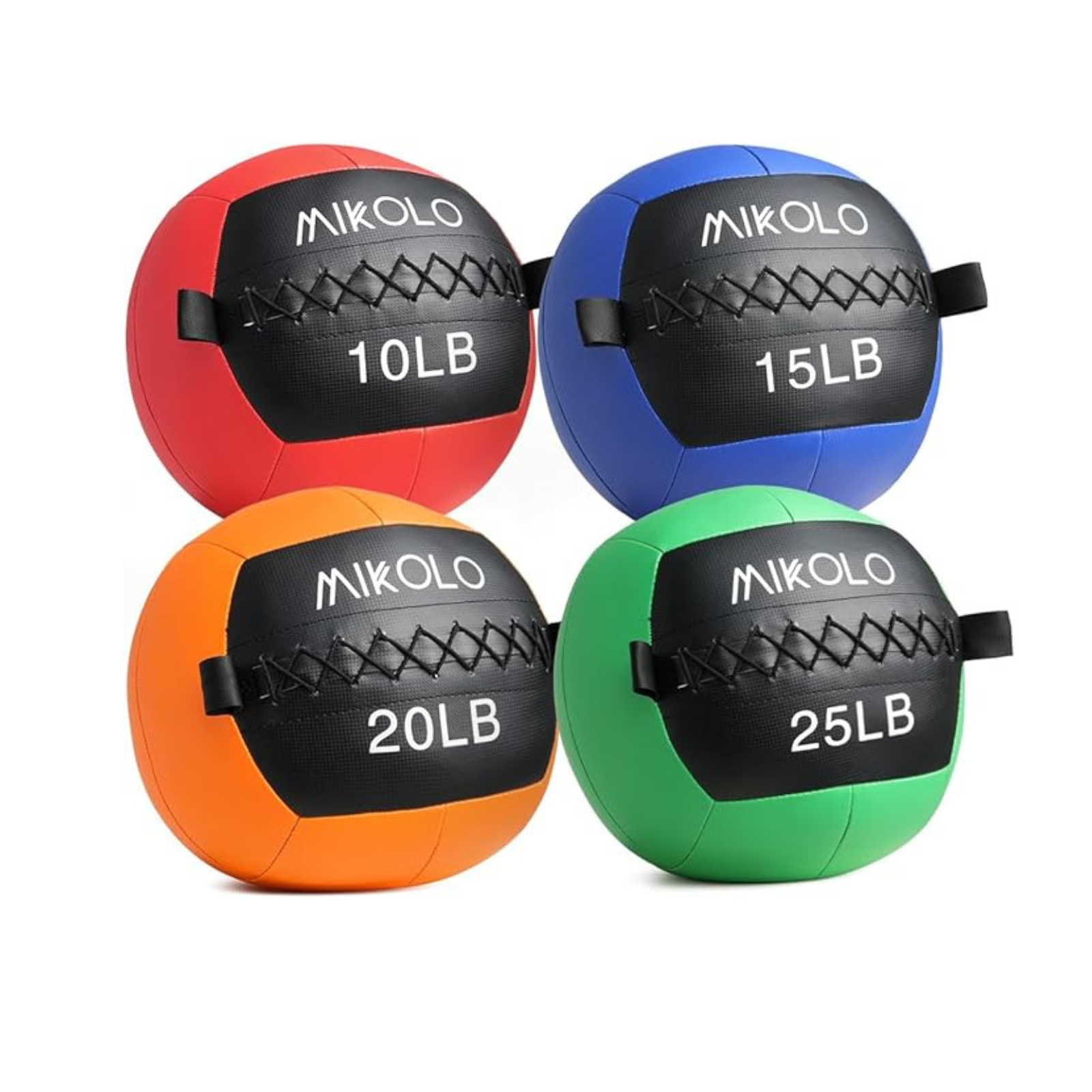
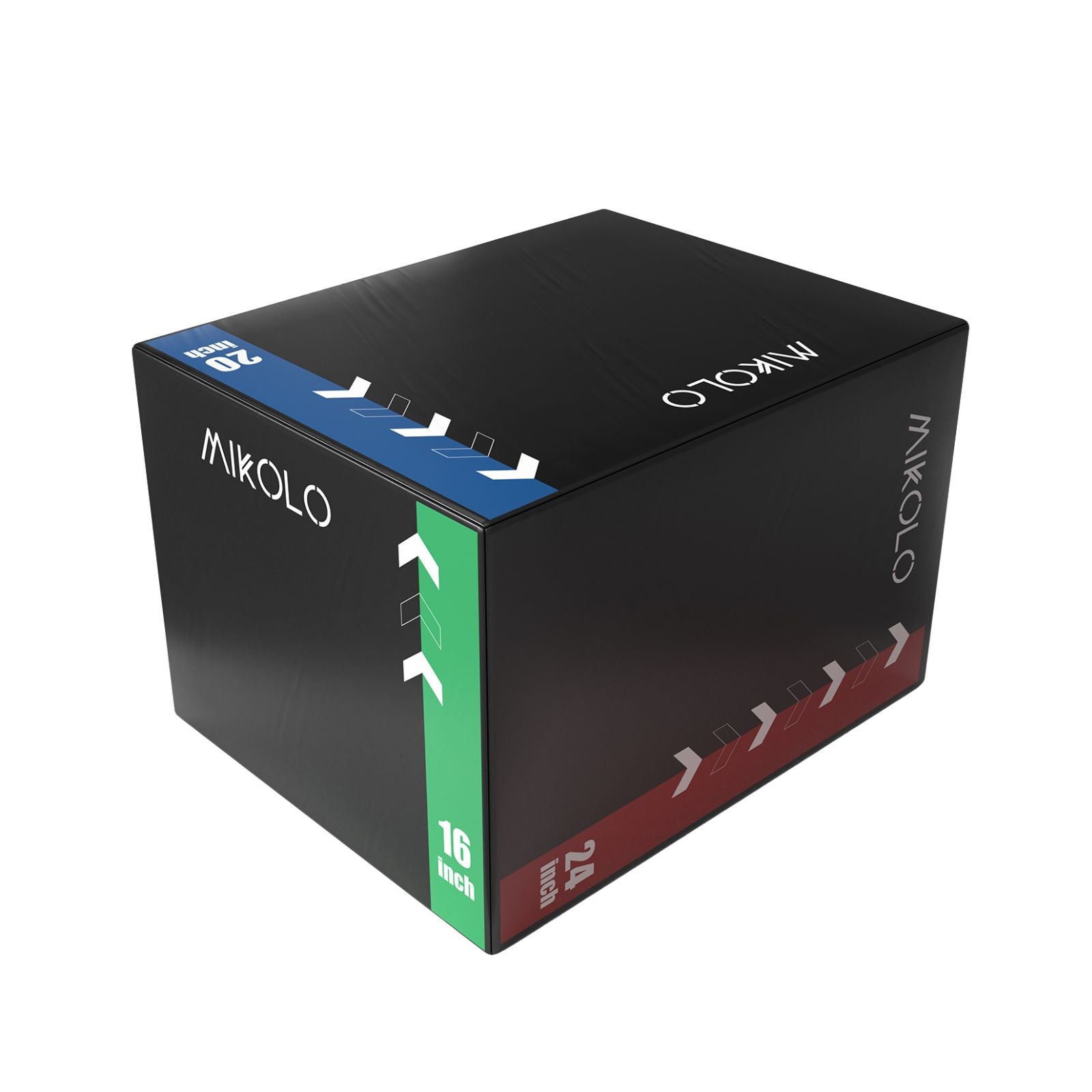






Leave a comment
This site is protected by hCaptcha and the hCaptcha Privacy Policy and Terms of Service apply.